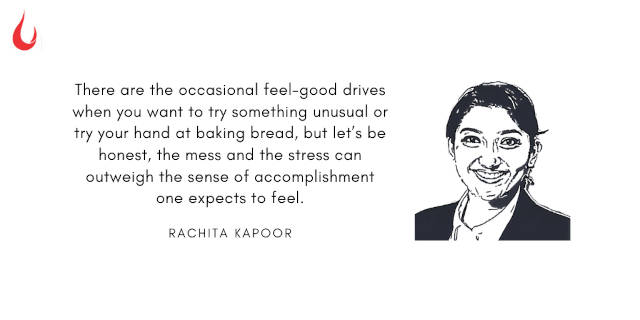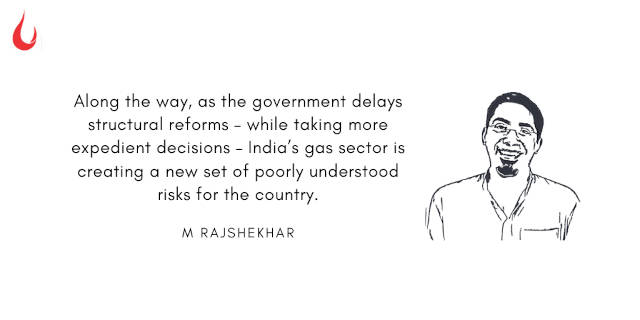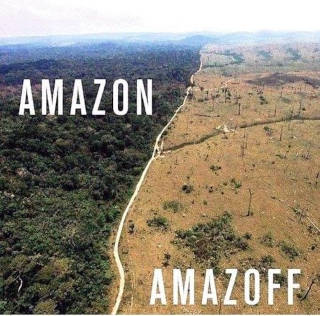[Photo by ZSun Fu on Unsplash]
Good morning,
Sometimes in life you face a major decision, and you just don’t know what to do. You’ve considered the issue from every angle. But no matter how you look at it, no decision seems to be the right decision.
“In the end, whatever you choose will essentially be a flip of a coin,” write Steven Levitt and Stephen Dubner in Think Like a Freak.
“That’s right: we asked people to let us decide their future with a coin toss. We ensured their anonymity, asked them to tell us their dilemma, and then flipped the coin. (Technically, it was a digital coin toss from a random number generator, which ensured its fairness.) Heads meant quitting and tails meant sticking it out. We also asked them to check in with us after two months and again after six months so we could see whether quitting made them happier or less happy. And we asked for a third party—a friend or family member usually—to verify that the flipper actually followed the coin flip.
“As ludicrous as this may seem, within a few months our website had attracted enough potential quitters to flip more than 40,000 coins… Here are some of the questions that proved most popular:
Should I quit my job?
Should I go back to school?
Should I go on a diet?
Should I break my bad habit?
Should I break up with my boyfriend/girlfriend?
“We were astonished to see how many people were willing to put their fate in the hands of some strangers with a coin… On this last question—the romantic breakup—we were responsible for the dissolution of roughly 100 couples. (To the jilted lovers: sorry!)
“Have we definitively proven that people are on average more likely to be better off if they quit more jobs, relationships, and projects? Not by a long shot. But there is nothing in the data to suggest that quitting leads to misery either. So we hope the next time you face a tough decision, you’ll keep that in mind. Or maybe you’ll just flip a coin. True, it may seem strange to change your life based on a totally random event. It may seem even stranger to abdicate responsibility for your own decisions. But putting your faith in a coin toss—even for a tiny decision—may at least inoculate you against the belief that quitting is necessarily taboo.”
In this issue
- Normal is boring
- India’s gas sector: The art of working at cross purposes
- Why Amazon matters
Have a great day!
FF Exclusive: Normal is boring
In her essay, Rachita Kapoor, Digital and Legal Manager, Khana Khazana, highlights an interesting aspect of home cooking during the lockdown:
She writes: “Just the other day, I was catching up with a cousin on a video call and I learnt that she has taken up cooking as an ‘indulgence’. Because she suddenly found herself with more free time and nowhere to go. She was enjoying her attempts at making khow suey, tandoori chicken and pizza. But ask her to make a roti or boil some rice or make regular moong dal, and she’ll draw a blank. Because who wants to make these things, they are boring!”

Rachita will join her father Sanjeev Kapoor to kickstart the inaugural episode of Season 2 of Talkin’ ‘Bout My Generation. The series uses an inter-generational lens to explore some of the most important and interesting topics of our times. Rachita and Sanjeev will discuss the future of home kitchens. Join them on Saturday, Sept 26 at 7.30 pm.
- If you haven’t registered to watch the show already, register here: https://bit.ly/FFTAMG
- In the meantime, here’s a playlist of Season 1, E01-07.
Dig Deeper
- Read: When the Swiggy generation rediscovers the home kitchen by Rachita Kapoor
- Listen: “Home-cooked meal was both a necessity and a luxury for us”: Sanjeev Kapoor’s response to Rachita’s essay (embedded in the story)
India’s gas sector: The art of working at cross purposes
In a three part-series in Carbon Copy, a website that tracks developments in the climate and energy sector, M Rajshekhar explores the political economy and climate change implications of India's gas sector. Firstly, India wants to increase the share of gas in its energy mix from the current 6.5% to 15% by 2030 as a part of its plan to become a gas-based economy. There are good reasons why such a transition might make sense. But can it? Rajshekhar says, no.

“Right across its value chain—domestic exploration, LNG terminals that receive imported gas, the pipes that move gas, big industrial users, city gas distributors who supply gas to households, vehicles and smaller businesses—companies are struggling,” he writes.
India is in such a state thanks to a number of structural issues and policy missteps. He quotes a former oil secretary: “If you look at the issues that plagued the sector 10 years ago all of them are still unresolved.”
All these have serious implications. The sector is essentially shifting the risks to the future—companies subsidize users, banks take the risks, oil companies take the burden initially before passing it on to the Centre. This hasn’t worked for Pakistan. It will not work for us. The article quotes former finance secretary Arvind Mayaram: “There is no comprehensive thinking in this government. No one thinks 20 years ahead. Every ministry is pretty much working on its own.”
Dig Deeper
- Part 1: Can Gas Account for 15% of India’s Energy Mix?
- Part 2: Why India’s gas boom is running out of steam
- Part 3: The four hidden risks lurking in India’s gas expansion plans
Why Amazon matters

(Via WhatsApp)
Saw something interesting? Share on our Slack channel.
And if you missed previous editions of this newsletter, they’re all archived here.
Bookmark Founding Fuel’s special section on Thriving in Volatile Times. All our stories on how individuals and businesses are responding to the pandemic until now are posted there.
Warm regards,
Team Founding Fuel

